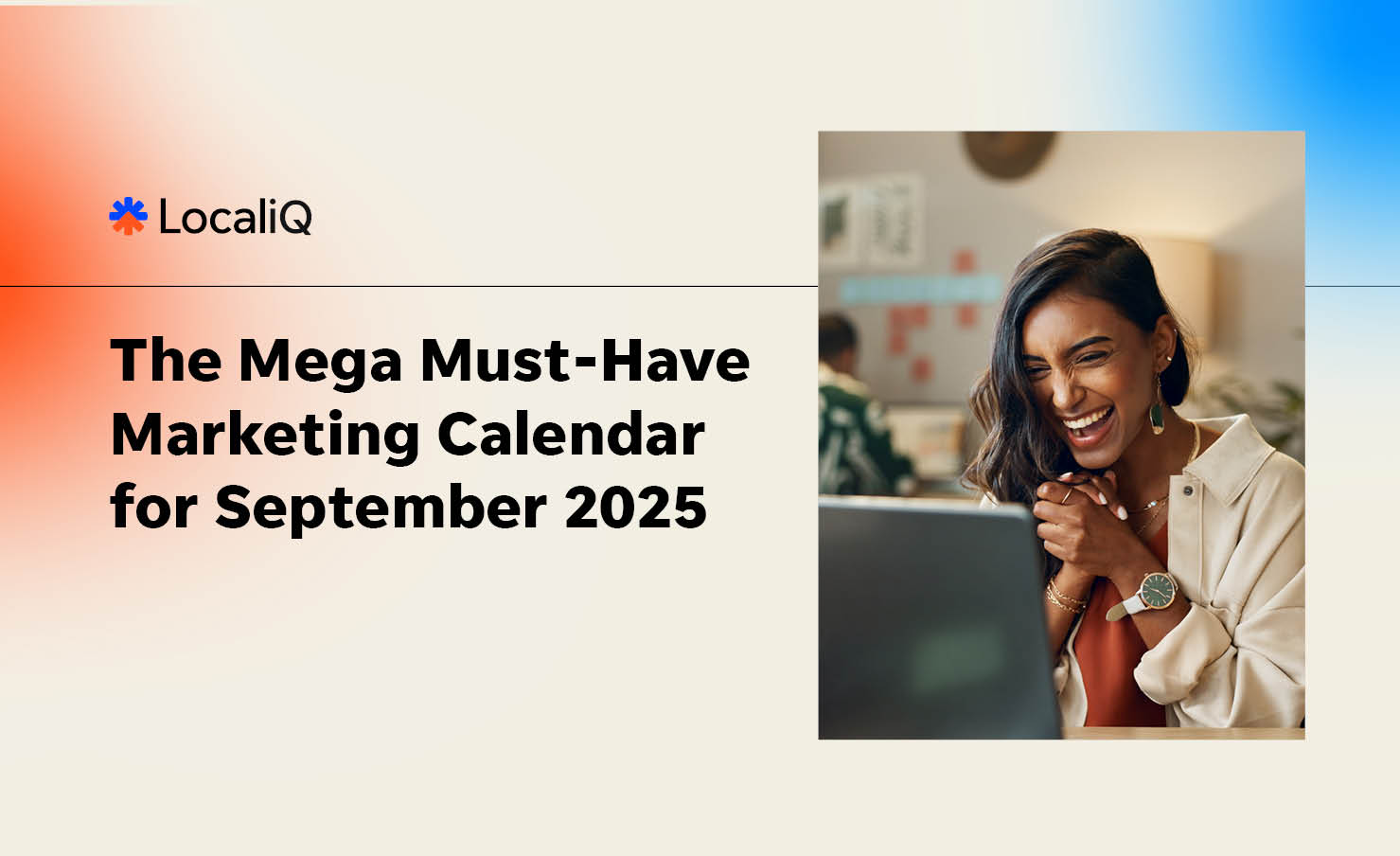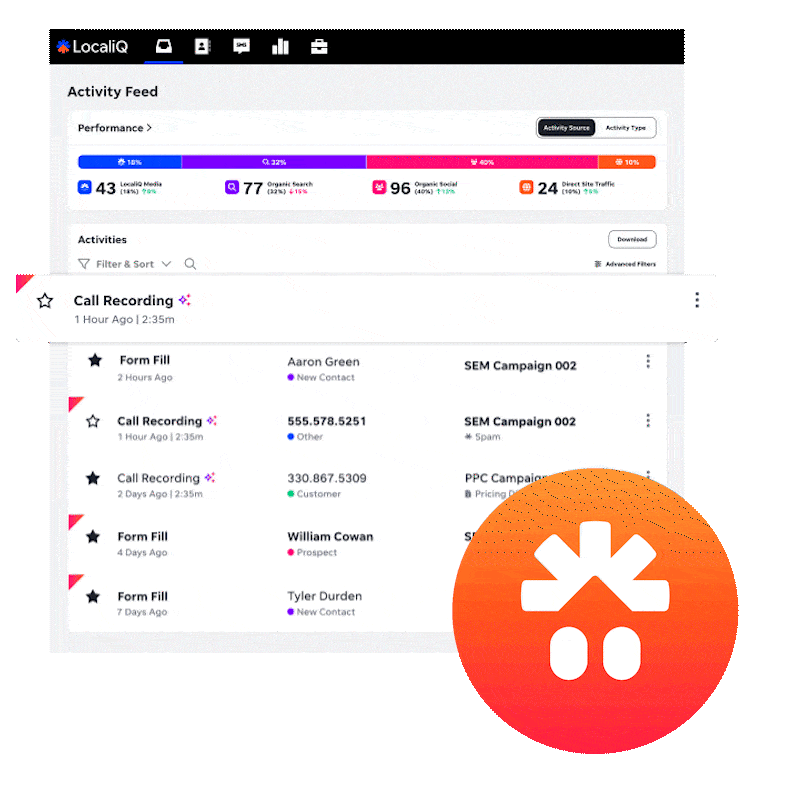If you’ve spent any time online, you’ve probably seen the headline: “SEO is dead.” It pops up every few years, usually when Google makes a big change or a new technology arrives. With AI tools like ChatGPT, Google Gemini and Perplexity now answering questions directly, some people are convinced that SEO (search engine optimisation) no longer matters.
But here’s the truth: SEO isn’t dead — it’s evolving. For small businesses, SEO remains one of the most powerful and affordable ways to get found by the right customers. Let’s break down why this myth keeps coming up, what’s really changed and why SEO still deserves your attention in 2025.
Why people think SEO is dead
There are a few reasons this myth keeps resurfacing:
- Google keeps changing the rules. Algorithm updates can knock sites off the first page overnight.
- Paid ads dominate. Businesses see Google Ads and assume there’s no space left for organic rankings.
- AI search tools. Platforms like ChatGPT, Gemini and Perplexity answer questions directly, often without sending people to websites.
- It takes time. Unlike ads, SEO doesn’t deliver overnight results, which can make business owners impatient.
Why SEO is still important
Despite the challenges, SEO is not only alive — it’s essential. Here’s why:
- Google still drives the traffic. Recent research shows that Google sends around 345 times more traffic to websites than AI tools like ChatGPT or Gemini. Organic search is still the main gateway for customers finding businesses online.
- Trust factor. Consumers tend to trust organic results more than paid ones. Being visible on the first page builds credibility.
- Cost-effectiveness. Compared to ongoing ad spend, SEO can deliver long-term visibility at a lower cost.
- Local intent. “Near me” searches continue to grow and local SEO is now critical for small businesses to be discovered.
How SEO has evolved
The big mistake is thinking SEO works the same way it did ten years ago. It doesn’t. What worked in 2015 won’t cut it in 2025. Here’s how it’s changed:
- From keywords to intent. It’s not about stuffing your site with keywords — it’s about answering customer questions.
- From backlinks to authority. Links still matter, but credibility, expertise and reviews matter more.
- From desktop to mobile. Most searches now happen on phones, so mobile optimisation is non-negotiable.
- From text-only to multimedia. Video, images and voice-friendly content now influence rankings.
Is SEO dead with AI? The role of AI in modern SEO
AI-powered tools like ChatGPT and Google Gemini might look like a threat, but they actually make SEO more important. Why?
- AI needs content. These tools don’t create information out of thin air — they rely on high-quality websites for answers.
- Generative Engine Optimisation (GEO). A new approach is emerging: optimising not just for Google, but also for AI-driven tools like Gemini, Perplexity and ChatGPT.
- Zero-click searches. AI summaries often reduce clicks to websites, but businesses can still win by ensuring their content is optimised for snippets and authority mentions.
- AI amplifies competition. As search gets smarter, only the most relevant, trustworthy businesses will show up.
Practical SEO strategies for small businesses in 2025
If you want to future-proof your marketing, focus on these areas:
- Optimise for local search. Keep your Google Business Profile up to date with accurate info, photos and reviews.
- Answer customer questions. Use an FAQ page, not just for readers, but to feed AI search tools with direct answers.
- Create helpful, in-depth content. One proven approach is the “fan-out method”: cover a core topic and expand with sub-questions (e.g. a page on “best plumbers in Sydney” could also answer sub-queries like “cost,” “response time,” and “guarantees”). This approach not only makes your content more comprehensive but also increases the chances of ranking for a wider range of search intents.
- Invest in mobile experience. Fast-loading, mobile-friendly websites perform better in rankings.
- Use schema markup. Structured data helps Google and AI models better understand your content and improves visibility.
SEO isn’t about gaming the system anymore. In 2025, it’s about being the most helpful, trustworthy option for customers searching online.
Small businesses have a real advantage here, you know your customers, you’re part of the local community and you can show genuine expertise. The numbers back this up: while AI tools are growing, Google still dominates traffic by a massive margin.
By keeping up with these changes and making smart updates — from FAQs to schema to stronger landing pages — you’ll ensure your business stays visible no matter how search evolves.






